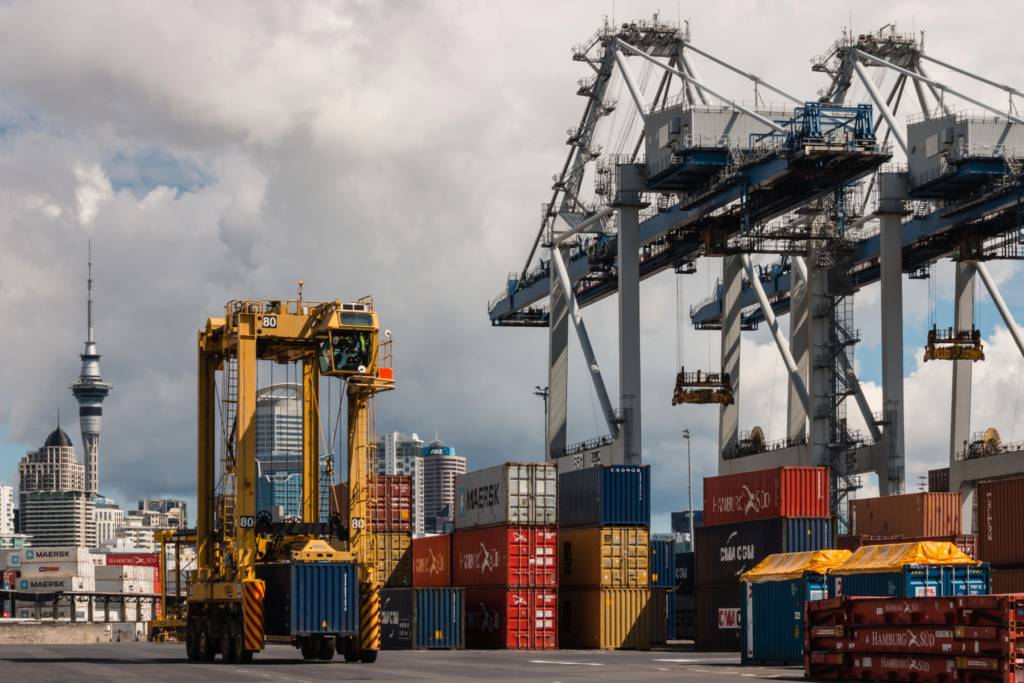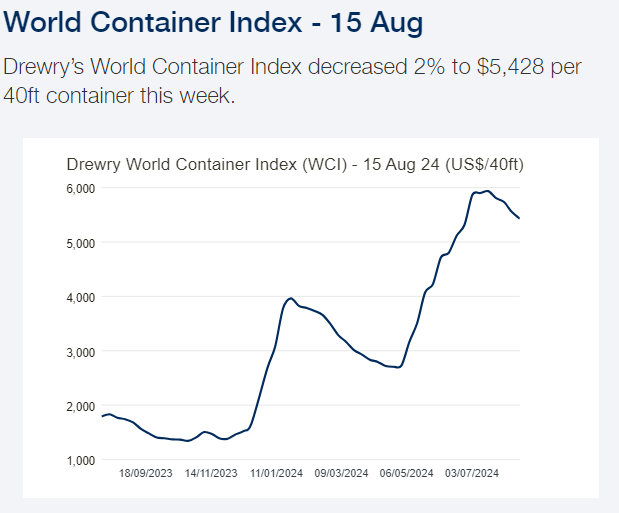Shipping Update

What you need to know about International Freight and how it could impact you.
Since COVID, our understanding of “supply chains” had a new meaning.
We quickly learnt the importance of supply chains, freight networks and shipping containers and their relevance to our all-important online orders!
Whilst there has been some settling of the impact and costs to supply chains since COVID (there was even a glimpse of freight costs being slightly cheaper pre-COVID in late 2023), we continue to have additional challenges pop up. These being the Ukraine and Russia War, closure and limited access to the Suez Canal, the U.S. and China tariff changes and large variations of demand all creating inefficient supply chains impacting global freight networks and the cost associated with those networks.
Unfortunately, since April 2024 the cost of shipping a standard 20ft container has risen as high as 71%! This sharp rise is reflective of broader challenges in the global market mentioned above and highlighted again in the most common and used index tracking freight, which is Drewry’s World Container Index below.
Several factors have contributed to the rising increase, including port congestion, rising fuel costs, and additional surcharges that have impacted freight rates. These are challenges faced by the entire shipping industry, and they have led to unavoidable cost increases across the board.
So, what does this all mean?
In a nutshell, it will likely impact the packaging we supply to you.
We understand that this may impact your business and operations, BUT, we want to assure you that we are doing everything possible to manage these costs and minimise the impact on you and your business by working actively and closely with our freight partners, so much so we have actually absorbed the majority of these costs in hopes the spike will eventually correct itself and resettle (wishful thinking we know).
However, as the Drewry’s index trends demonstrate, this spike we have been experiencing may be here to stay for a bit longer than expected. In which case, we’ll continue to monitor and manage by working together to ensure we can minimise the impact.

